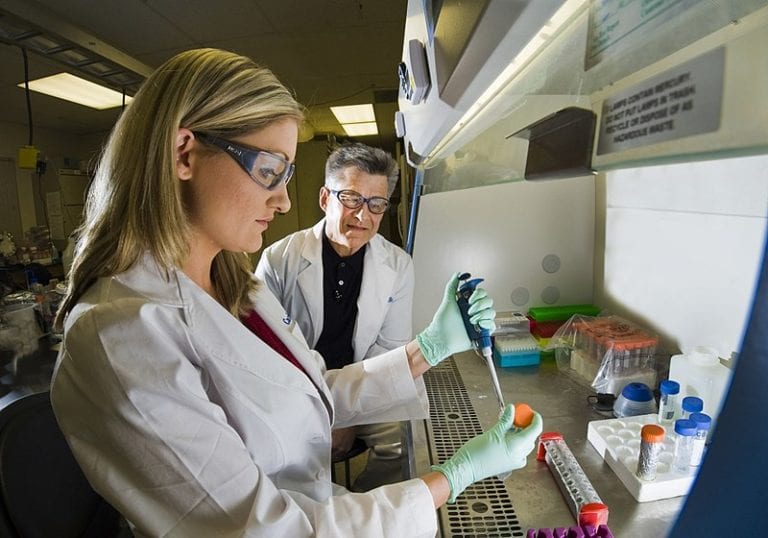Involving Patients in Mesothelioma Research
Involving patients and the public in mesothelioma research can help scientists to make meaningful breakthroughs. A group of researchers from the United Kingdom spoke with twenty-three mesothelioma researchers. They wanted to get their opinions on how helpful it would be to involve patients and the public in their mesothelioma research. The researchers also ran online workshops and interviews to get the thoughts of patients and members of the public. Doing Meaningful Mesothelioma Research Mesothelioma is a rare form of cancer caused by asbestos exposure. It develops on the lining of internal organs like the lungs or abdominal cavity. There are about 2,000 cases of mesothelioma diagnosed in the United States each year. Doing research on mesothelioma and effective treatments can…









